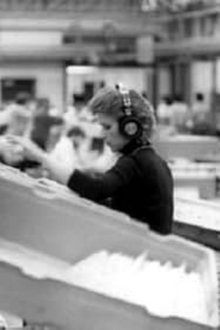Openland is an art film guided by issues surrounding micro states and its derivative definitions. Through intertwining interviews, meta-narratives, and digital landscapes, Openland unfurls a dialogue between consciousness, individuality and collectivity.
Related Movies
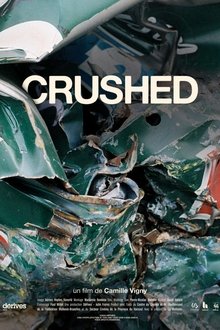
Crushed (2024)
Through a powerful visual metaphor, Camille Vigny gives a first-person account of the domestic violence she suffered. The images and text interact with remarkable precision to convey the devastating impact of the cataclysm. It's a political gesture, brimming with courage, an icy cry that takes your breath away.
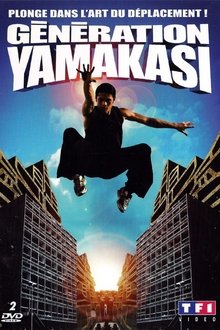
Generation Yamakasi (2006)
For the Yamakasi the "Art of Displacement" is a way of life. Racing through the new cities that ring Paris, climbing walls, swinging from balconies and leaping across rooftops, they transform the oppressive concrete architecture into places of fantasy, possibility and play. The heart of our documentary is the story of how the Yamakasi are transforming the youth of the suburbs, and themselves, through discipline, will and desire. Now, as the Art of Displacement is being embraced as an extreme sport and urban pastime, will the social message be transmitted as well? What is it for the new generation?
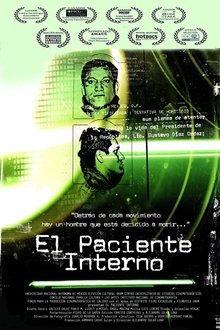
The Convict Patient (2012)
On February th 1970, Carlos Castañeda de la Fuente tried to assassinate the Mexican President to avenge the Tlatelolco massacre from October 2nd 1968, defying the most repressive regime in the contemporary Mexican history. Forty years later, this failed avenger survived the system´s disproportionate retaliation, only to wander Mexico City´s streets as a vagrant.
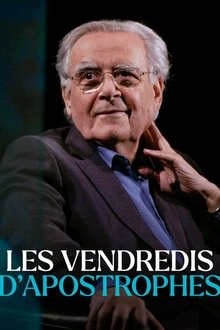
Les vendredis d'Apostrophes (2015)
Hours and historical meetings, Pierre Assouline has composed an anthology of the best extracts presented in the form of a primer, which he had commented on by a surprised Bernard Pivot.
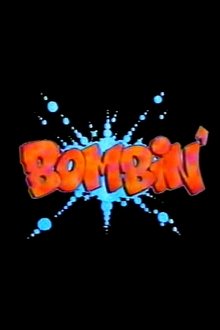
Bombin' (1987)
First broadcast in 1987 on the UK's Channel 4, Bombin' is a documentary about Afrika Bambaataa's Zulu nation bringing American hip-hop culture to the UK for first time. The main focus is the graffiti art of Brim and the variety of reactions he is faced with from the British public and press.
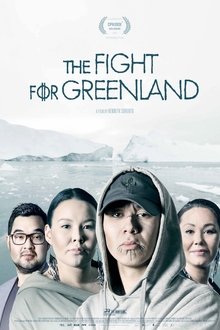
The Fight for Greenland (2020)
The world's largest island has been part of Denmark since 1721, but a significant majority of the 56.000 inhabitants now want independence. They feel their culture and language is threatened and is the main reason for the many suicides among young people. But the Danish speaking Greenlanders feel discriminated and want to keep the ties to Denmark. The film follows four strong young Greenlanders, who each in their own way insist on taking responsibility for the future of their country. The documentary explores the difficult balance between the right to self-determination and xenophobic nationalism. Between traditional culture and globalization.
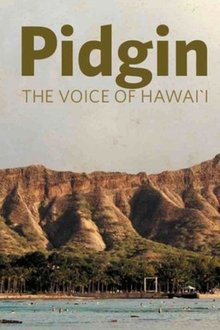
Pidgin: The Voice of Hawai'i (2009)
What if you are made to feel ashamed when you speak your "mother tongue" or ridiculed because of your accent? "Pidgin: The Voice of Hawai'i" addresses these questions through its lively examination of Pidgin - the language spoken by over half of Hawai'i's people.
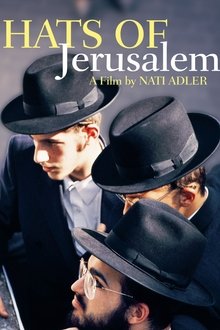
Hats of Jerusalem (2006)
Jerusalem can rightfully be called the hat capital of the world. Whereas the rest of the world has allowed its hats to gather dust in the closet since the 1950s, Jerusalem still teems with hats and caps. From soldier to monk, everyone is identifiable by his hat. Director Nati Adler, who is neither religious nor a hat-wearer, explored the how and the why of the hats of Jerusalem. His colourful and personal trip takes us along the diverse headdresses of the three religions populating the city. What begins as an innocent exercise by a curious documentary filmmaker develops as it were into a Pandora's box full of stories and history lessons. Every answer evokes new questions. Why do people in Jerusalem wear so many hats, what is a shtreimel, why don't Armenian Christians use their Turkish hats in their ceremonies, and why do women actually have to cover their heads?

Amy (2004)
'Amy, is narrated by a model (Liisa Repo-Martell) who’s painfully uncomfortable with her own body and “old woman’s” face. Astonishing closing image is a tightly composed telephoto shot on the start of a marathon race among young schoolgirls, dashing toward and then across the screen in ultra-slo-mo, and accompanied by a girls’ chorus hauntingly singing Brian Wilson’s God Only Knows. Widely eclectic lensing and looks in various media and in color and black-and-white flow nicely from one section to the next, aided by gifted editor Mark Karbusicky.' ~ Robert Koehler, Variety - Part 7 of 7-part bio-feature Public Lighting (2004).
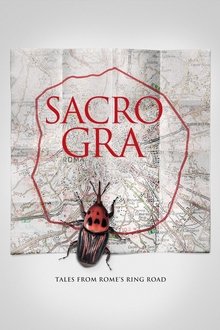
Sacro GRA (2013)
After the India of Varanasi’s boatmen, the American desert of the dropouts, and the Mexico of the killers of drugtrade, Gianfranco Rosi has decided to tell the tale of a part of his own country, roaming and filming for over two years in a minivan on Rome’s giant ring road—the Grande Raccordo Anulare, or GRA—to discover the invisible worlds and possible futures harbored in this area of constant turmoil. Elusive characters and fleeting apparitions emerge from the background of the winding zone: a nobleman from the Piemonte region and his college student daughter sharing a one-room efficiency in a modern apartment building along the GRA.
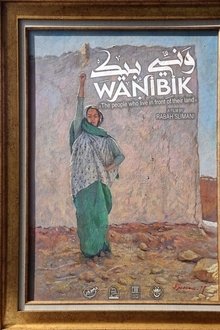
WANIBIK: The people who live in front of their land (2022)
The film, shot in the Saharawi refugee population camps, tells the story of a group of students from a film school who, for their final year project, decide to shoot on the Wall of Shame erected and mined by Morocco, in the middle of the current war that is being waged after the breaking of the ceasefire by the Alawite regime in November 2020.
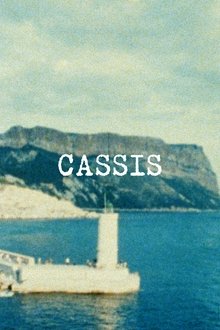
Cassis (1966)
Filmed during a visit to Jerome Hill in Provence, Jonas Mekas sets his Bolex to capture a single day overlooking the port of Cassis. Shot frame by frame from morning to sunset, the film distills shifting light and color into a quiet meditation on time, place, and perception.
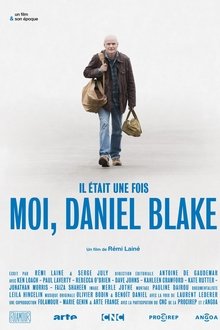
Once upon a time... "I, Daniel Blake" (2021)
The documentary, filmed in England in autumn 2020, sheds light on the genesis and background of the social drama.

Enzo (2017)
Serena is drawing the portrait of Enzo. In a cozy and intimate atmosphere, he tells us his story. This life is extraordinary, because it is a life of a Female-To-Man (FTM) transgender.
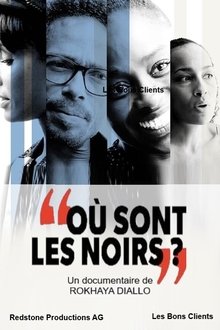
Où sont les noirs ? (2020)
French actors Lucien Jean-Baptiste, Aïssa Maïga, Sonia Rolland, Deborah Lukumuena, Marie-France Malonga, Gary Dourdan and others speak up on the reality of black actors in the French movie industry.
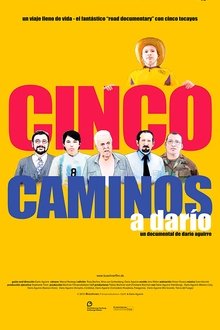
Five Ways to Darío (2010)
Since more than 10 years the director Darío Aguirre lives between two totally different worlds, Germany and Ecuador. He decides to make an extraordinary journey, visiting five unknown men called Darío Aguirre as well: One in Mexico and four in Argentina. Meeting each other develops into a reconcilement with their own past lives and permits a brief glance into the protagonists’ present time. For two months Darío shares five different lives, adapting himself to situations and activities he has never done before.
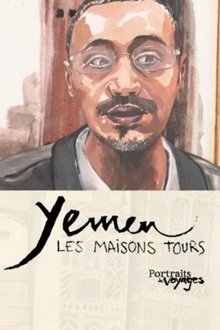
Portraits de Voyages Yémen : Les Maisons tours (2013)
Visit to a famous Sana'a tower house with an architect

Detection (2012)
DETECTION. Consideration of past, present and future of a small village in Germany. For over a century — wars and states went by — the military is the largest employer. The everyday life of the community is inextricably linked to the events on the nearby military training area. Diaries, daily instructions, petitions, letters and photos tell about daily life at different times.
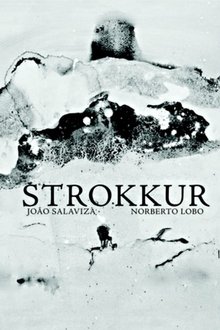
Strokkur (2011)
In the beginning the idea was to make something from nothing, in a neutral and unknown place. Collect images and sounds instead of producing them. The camera, the microphone and the mini-amplifier: tools that take away and then give back. We defined a rule: the sound shouldn't illustrate the image and the image shouldn't absorb the sound. Less than a hundred kilometres from Reykjavik we found Strokkur. For three days we saw and heard the internal dynamics of the crevice: the boiling water that spat out every seven minutes and the thermal shock, given the eighteen degrees below zero of the atmosphere.
